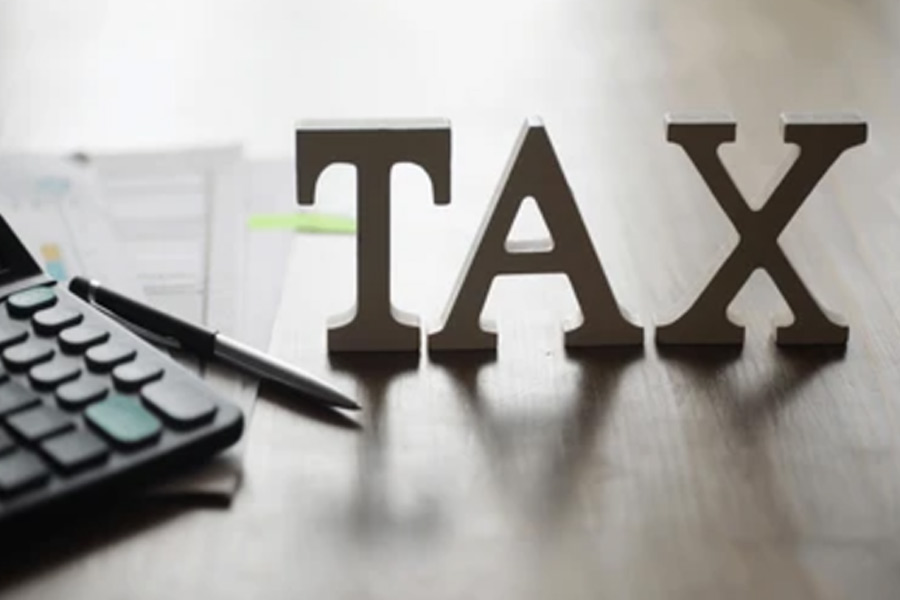The Modi government plans to introduce a new income tax bill in Parliament later this week, replacing the six-decade-old Income Tax Act of 1961, in a bid to widen the tax base, simplify compliance and remove outdated provisions, officials said. It is likely to be referred to the parliamentary standing committee for detailed scrutiny of the provisions.
The bill, drafted in six months, seeks to make tax laws more accessible by simplifying language and aligning with international standards, Central Board of Direct Taxes (CBDT) chairman Ravi Agrawal said on Monday. He urged industry representatives to provide feedback once the bill is tabled.
“The new law is concise, with redundant provisions removed, making it easier to read and understand,” Agrawal said at a Ficci event.
Finance minister Nirmala Sitharaman, in her 2025-26 budget speech, said the bill would uphold the principle of “trust first, scrutinise later”, reducing litigation and enhancing tax certainty.
The tax department is moving towards a “participative” rather than “adversarial” approach, Agrawal said, introducing a ‘PRUDENT’ framework — Proactive and professional, Rule-based, User-friendly, Data-driven, Enabling environment, Non-intrusive and Transparent.
Manmeet Kaur, partner at Karanjawala & Co, said: “The new income tax bill aims at a significant overhaul of the existing tax framework. The intention is to simplify compliance for taxpayers by reducing the complexity of the current Income Tax Act of 1961.”
“It was announced that the new act will be around 50 per cent in size of the present Act. This simplification is expected to make the tax laws more accessible and understandable for the average taxpayer, thereby reducing disputes and litigation.”
Sitharaman in July last year announced a comprehensive review of the Income-tax Act 1961 to be completed within six months.
With over 5 lakh cases pending at the commissioner of income tax appeals level, industry observers expect the proposed new tax bill will simplify clauses such that it reduces litigation and costs incurred by the stakeholders.
“A simplified tax code bill has been pending for a long time. We hope that the simplification is done in a manner that people can understand the clauses and provisions and can file their own tax returns,” said N.G. Khaitan, senior partner at Khaitan and Co and president of Bharat Chamber of Commerce.
Inputs from Calcutta Bureau










